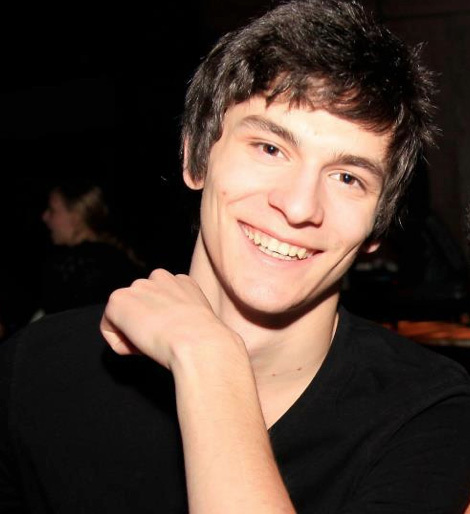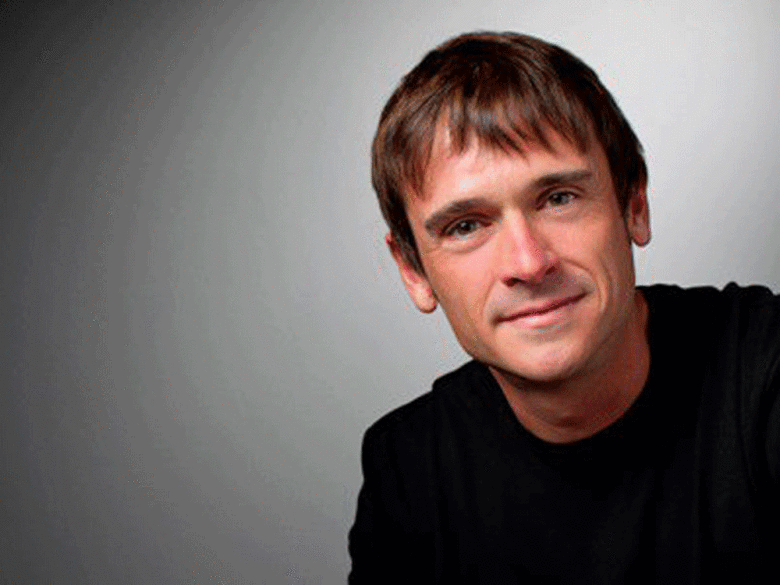
Tricia Rachfall recognized for long career in therapeutic recreation
By Colten Kamlade, Staff reporter
A Douglas College instructor made an impact at the BC Therapeutic Association this year when she was presented with the Ingrid Parson’s Professional Achievement Award.
According to the BC Therapeutic Association website, the award is meant to acknowledge such contributions as “a significant contribution in the field of therapeutic recreation, serving in a key leadership position, a contribution for a particular initiative,” or a “series of contributions over an extended period.”
Tricia Rachfall, co-ordinator of the therapeutic recreation program at Douglas College, has spent years spreading her knowledge of therapeutic recreation. In an email interview with the Other Press, Rachfall recalled her work during the 2010 Paralympic Games as some of the most meaningful.
“I organized a number of events, college wide and for the therapeutic recreation students. In the college, my students hosted a series of displays on a variety of Paralympic sports—summer and winter—with representatives and athletes from some of these sports also able to attend. In addition, we had participation opportunities in the gym for a variety of sports, from wheelchair curling—with an indoor adapted set—to wheelchair basketball, to sledge hockey on sleds adapted for indoor use,” she said. “Our students also created write ups on a large portion of the athletes who were going to be participating in the 2010 Winter Paralympics. All these events were hosted at the New West campus, and the community was also invited to attend as well as the entire Douglas College community. Other events that I arranged was to take a busload of TR students up to watch cross-country skiing in Whistler, attend sledge hockey at UBC, and observe wheelchair curling in Vancouver: A once in a lifetime experience for most who participated.”
Though the 2010 Paralympics were exciting, Rachfall said she views the development of her students as the best part of her job.
“The most rewarding aspect of my job is, by far, the growth of the students. I can think of so many students who came in year one and were struggling to keep up, who were still young and unfocussed, but then to see them walk across the stage as graduates, ready and able to be practitioners and be future leaders, it is pretty incredible to be a part of that,” she said. “It still excites me to teach the new first year students, they inspire me as I hope to inspire them, and just as enjoyable is to teach the fourth year students as they are getting ready to continue on their professional journey.”
Despite her work and the work of fellow instructors, Rachfall believes that many people have misunderstandings about therapeutic recreation.
“I believe many people don’t understand and appreciate how the loss of leisure and recreation in their life could be life-altering, and how most people take it for granted that they can participate in what they want, when they want, how they want,” she said. “Using recreation and leisure as forms of intervention, therapeutic recreation practitioners improve overall health and well-being and assist in the development of skills, knowledge and abilities in leisure, but also that can be transferred into other life skills such as work or relationships. Many people think that therapeutic recreation is just about play and participating in an activity, but it is really developing and improving knowledge, skills and abilities in a recreation environment.”



